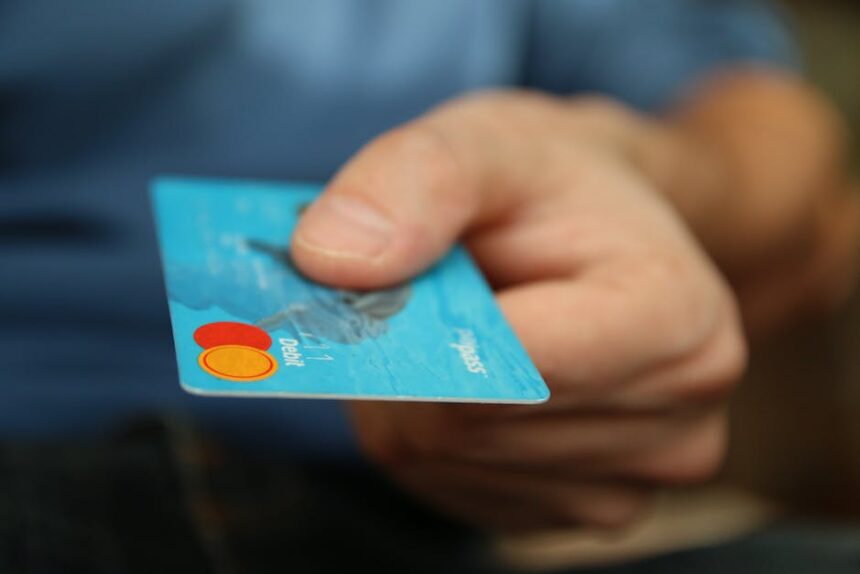5 Tips for DIY Credit Repair and Re-Establishing Good Credit
A bad credit score affects more than just the interest rates on future loans and other borrowing. It can make it harder for you to rent an apartment, get a job, buy a car, and even buy insurance. Credit repair can be a time-consuming effort, but some simple steps can get you heading in the right direction.
Tip 1: Check Your Credit Reports for Errors
Your credit report, also known as a credit file, shows lenders and other financial institutions how responsible you are when it comes to repaying debt. It can also affect the interest rate you get when you borrow money or apply for certain types of jobs. The credit reporting bureaus Experian, TransUnion, and Equifax are responsible for collecting information about your credit and issuing credit scores. When you check your credit report, look for any errors or outdated information that might be dragging down your credit score. If you find any mistakes, dispute them with the bureaus and have them removed.
Tip 2: Pay Off Your Outstanding Debts
One of the biggest factors that affects your credit score is your payment history. If you have outstanding debt, it is important to pay it off as soon as possible. Even if you can only spare a small amount each month, it is still important to make those payments in order to keep your credit score from getting any worse. Paying off debt can also free up more money that can be used to pay off other debts or improve your financial situation.
Tip 3: Make Payments On Time
Making timely payments is essential for credit repair. It’s best to set up automatic payments or reminders in order to make sure that all your bills are being paid on time. Late payments can cause your credit score to drop, so making sure you pay all of your bills on time is a must.
Tip 4: Limit Your Credit Card Spending
Another factor that affects your credit score is your debt-to-credit ratio. This is the amount of debt you have relative to your available credit. By limiting your credit card spending and paying down outstanding debt, you can lower your debt-to-credit ratio and improve your credit score.
Tip 5: Make Long-Term Changes
While these tips can help you improve your credit score quickly, it’s important to remember that it is a long-term process. To maintain and build good credit, you need to make sure that you are making responsible financial decisions. This includes monitoring your credit score and making sure that you are not taking on too much debt.
With the right strategy, you can repair your credit and start re-establishing a good credit score. By following these five tips, you can start down the path to financial freedom—and a better credit score.

